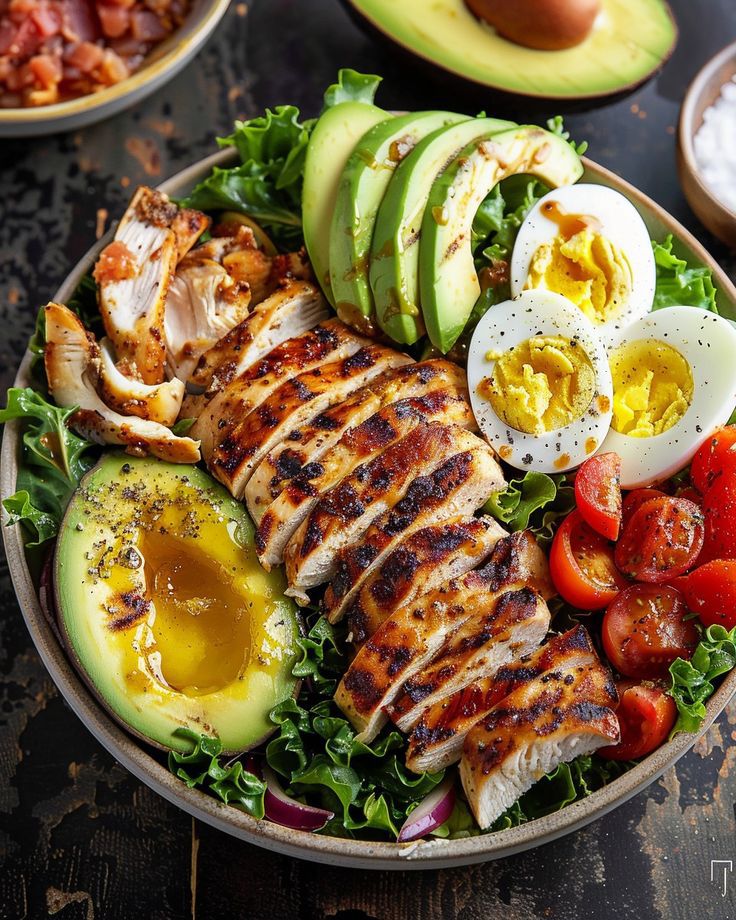
In Ghana, the rising cost of living has made it essential for households to find ways to stretch their budgets while still enjoying quality meals. With a little creativity and planning, it’s entirely possible to eat well without breaking the bank.
Here are six practical strategies tailored to the Ghanaian lifestyle:
1. Shop at Open-Air or Local Markets
Open-air markets such as Makola in Accra or Kejetia in Kumasi are treasure troves of fresh and affordable produce.
These markets often have better deals than supermarkets, especially when it comes to fruits, vegetables, and grains. Arrive early in the morning to get the freshest items and take advantage of your bargaining skills to secure lower prices.
2. Plan Your Meals and Stick to Your Budget
Meal planning is a game-changer when it comes to saving money. Before heading to the market, decide on a weekly menu and list all the ingredients you’ll need. This approach ensures you only buy what’s necessary, avoiding impulse purchases and reducing food waste.
In Ghana, this might mean planning dishes like jollof rice, kontomire stew, or banku with okra soup in advance.
3. Buy in Bulk and Preserve Food Properly
In Ghana, staples like gari, yam, rice, and maize are often cheaper when purchased in larger quantities.
Bulk buying works well for families and is particularly effective if you have proper storage facilities. Consider investing in airtight containers or sacks to protect your food from pests and moisture, especially in the humid climate.
4. Take Advantage of Seasonal Produce
Ghana’s agricultural calendar brings a wealth of seasonal fruits and vegetables that are both fresh and affordable. For instance, mangoes and watermelons are plentiful and inexpensive during their seasons.
Incorporating these into your meals not only saves money but also ensures you’re eating produce at its peak flavour and nutritional value.
5. Cook More at Home
Eating out, especially in popular restaurants or fast-food joints, can quickly drain your budget. Preparing meals at home allows you to save money while enjoying healthier options.
Cooking traditional dishes like waakye, red-red, or light soup in larger quantities can also save time and effort—leftovers can be frozen and reheated later for convenience.
6. Reduce Food Waste with Creativity
In many Ghanaian households, food waste happens due to over-preparation or improper storage. Get creative by turning leftovers into new dishes. For example, leftover boiled yam can be fried for breakfast, or excess vegetables can be blended into a base for stews. Properly storing perishable items like fish and meat in a freezer can also prevent spoilage in the tropical heat.
Saving money on food in Ghana doesn’t mean sacrificing quality or taste. By shopping wisely in local markets, planning meals, buying in bulk, embracing seasonal produce, cooking at home, and reducing waste, you can make your budget work harder without compromising on delicious meals. With these strategies, you’ll find it easier to navigate rising costs while still enjoying the rich flavours of Ghanaian cuisine.
Read Full Story
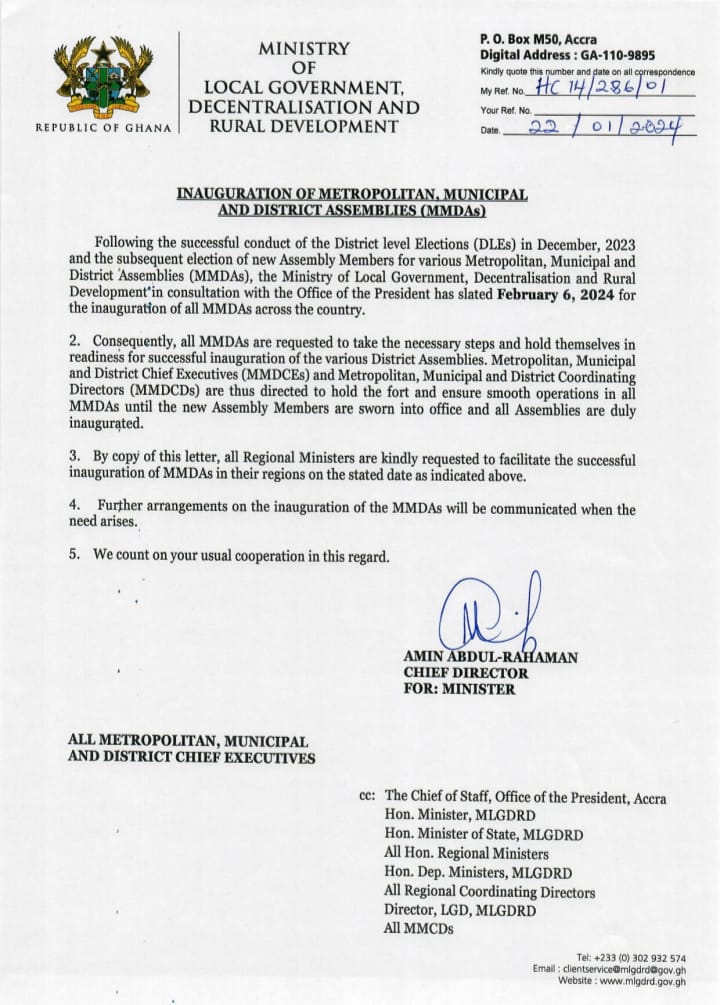
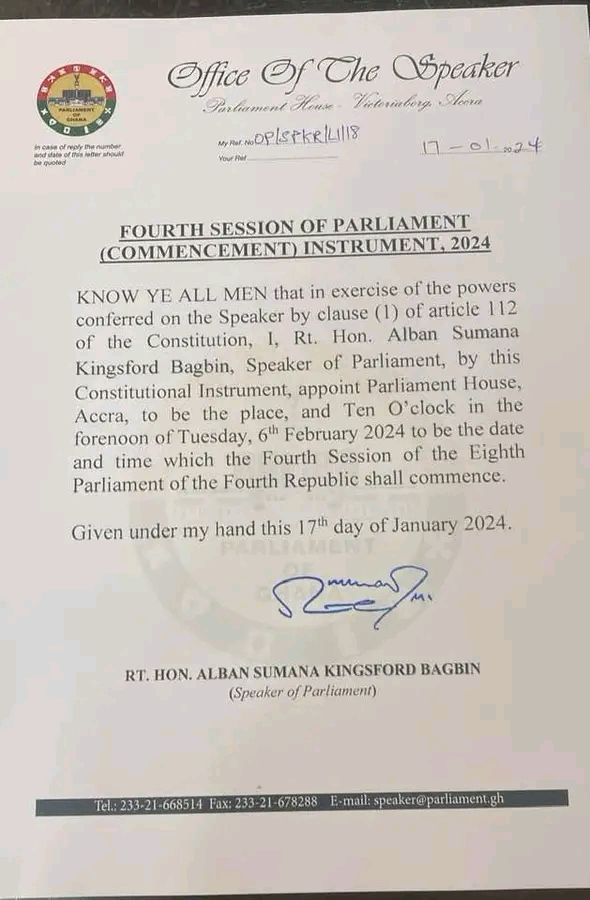
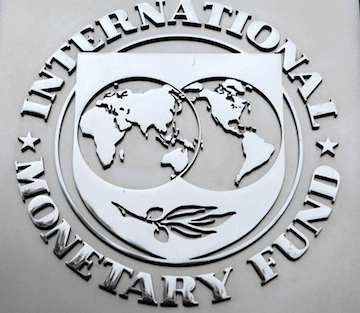













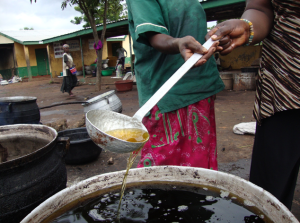


Facebook
Twitter
Pinterest
Instagram
Google+
YouTube
LinkedIn
RSS